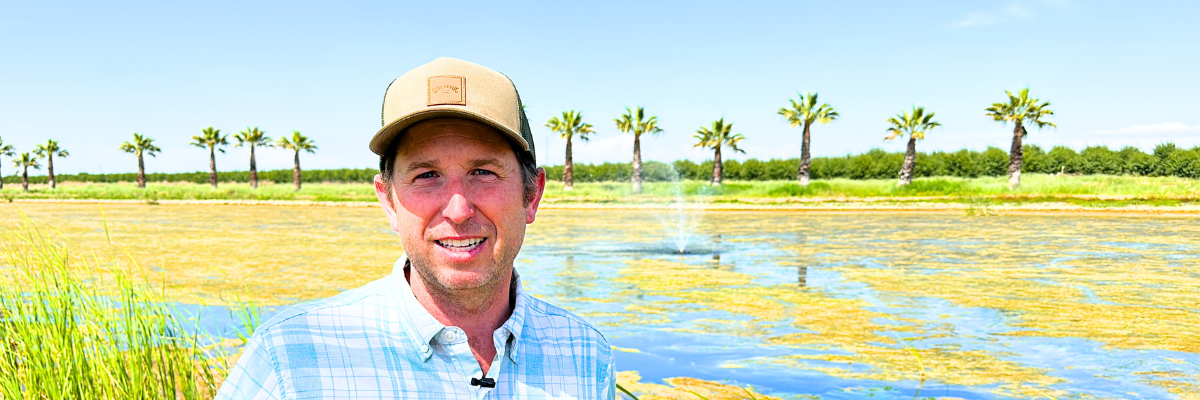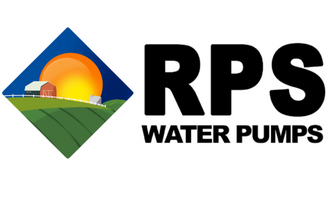

Answering Your Water Pump Questions
with RPS Engineer Mike

How far from the bottom of a well should the pump be?
RPS recommends placing a submersible water pump at LEAST 10 feet off of the bottom of the well. Sediment and debris often settles at the very bottom of a well. If a submersible pump is placed too close to the sediment layer the pumps operation will kick up and agitate the dirt. Sediment adds extra wear and tear on interior pump components. And sediment also leads to murky or dirty water pumped to the top of the well, which just isn’t ideal for drinking water applications, and can plug up irrigation emitters. If possible, lift the well pump 20 feet off the bottom of the well to really stay away from interacting with sediment at the bottom.
Wells are “lined” with PVC down to a certain depth. There are screened portions that allow in flows of water into the casing. Professional well drillers typically recommend that customers place their pump just before the PVC lining ends, and close to one of the screened openings. So just make sure that you place the pump at least 10 feet off the bottom, and then optimize for placement with the knowledge of screens and PVC lining from there.
If your well is not very deep (under 100 feet), or your well is low producing (less than 3GPM), you may be tempted to place the water pump less than 10 feet off the bottom of the well. In some cases, that is just what has to happen! I’ve worked with some customers who had maybe a 10 foot water column, and they needed to place the pump off the very bottom of the well. The well was also slow to refill, so every inch counted. For shallow wells you must take into consideration the length of the submersible pump. The intake area for water is about halfway down the pump. Ideally, the entire pump is always submerged under water during operation. Circulating water is what cools the pumps motor, and prevents overheating. A pumps motor is located below the water intake area, so if the upper half of the pump were to be exposed during operation, it's not the end of the world. But you have to be careful that the water does not draw down past the intake area (also leading to air in the lines)!
Some wells have access to super clean aquifers, with practically no sediment in-flow. We’ve seen a few people successfully place their well pump less than 10 feet off of the bottom in those cases, but you should be very confident this is the case!
Take the Next Step to Water Independence
Learn More About Water Pumps
-
 If you’re considering replacing a well pump and it’s your first time, you may have questions about long it may take. We often say a full install only has to be a couple of hours, but is that actually accurate?Read now
If you’re considering replacing a well pump and it’s your first time, you may have questions about long it may take. We often say a full install only has to be a couple of hours, but is that actually accurate?Read now -

How many GPM is a good well pump?
Water needs can differ significantly depending on circumstances, and you may need a submersible well pump with a significantly higher or lower flow rate, depending on household size, irrigation needs, and sprinkler use.Read now -

Can you put in too big of a pressure tank?
When it comes to sizing a well pressure tank, there really isn’t an upper limit as to how big of a tank you can put in. There are some pros and cons to different size pressure tanks, and they can have an impact on the lifespan of your pump.Read now




